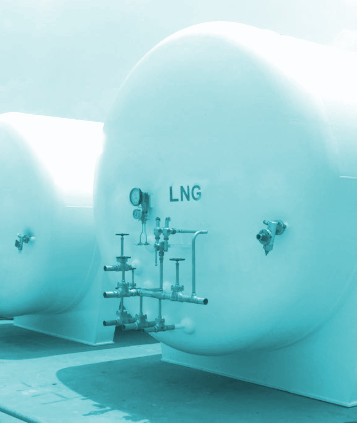Domestic gas efforts increased
 The Coalition has brought forward a review that it says will help reduce domestic gas costs.
The Coalition has brought forward a review that it says will help reduce domestic gas costs.
The Morrison government is expediting a review of its mechanism to force gas exporters to consider domestic supply levels, including the use of price as a trigger.
It will look at a national gas reserve scheme, but still will not decide on any options until February 2021 at the earliest.
It will also review pipeline regulation and extend the consumer watchdog's monitoring role of the market until 2025.
Australia is the world's largest LNG exporter, but more needs to be done to lower domestic prices, according to Resources Minister Matt Canavan.
“While we are proud that Australian gas powers industry around the world, we must also be able to reliably and affordably harness gas to grow our own industries and create more Australian jobs,” he said.
“Price and supply are inextricably linked. To put downward pressure on prices and shore up supply, we need more exploration and production.”
Centre Alliance senator Rex Patrick says gas companies need to be called to account.
“The gas companies have basically maintained only just enough [domestic supply] to ensure the mechanism didn't get triggered but keeping their prices high,” he said.
“People have to understand this is gas that is owned by the Australian public and we allow these companies to take it out of the ground.”
Senator Canavan said states and territories are restricting supply for “political purposes”.
Victorian premier Daniel Andrews said his government supports a reservation policy, but would keep its ban on unconventional gas project.
Gas producers say that keeping a portion of fuel for Australian use could drive up prices.
“While governments may seek to intervene in markets for political purposes, there should be no illusion that intervention is without costs - not least of which that sovereign risk can adversely affect confidence in the sector,” said Australian Petroleum Production and Exploration Association chief executive Andrew McConville.
The Business Council of Australia says authorities would have to reach a careful balance.
“An interventionist approach is risky in terms of our attractiveness as an investment destination, so we are pleased to see the government will undertake a considered and detailed review process,” chief executive Jennifer Westacott said.







 Print
Print